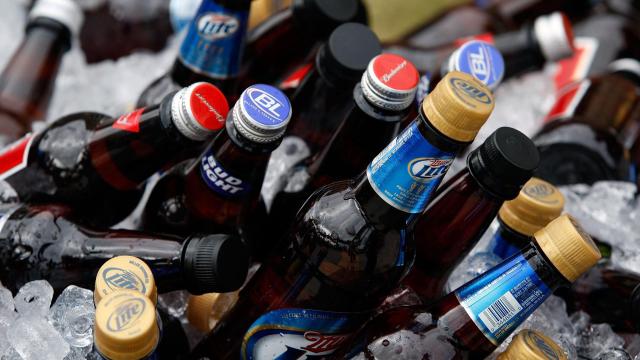No one really knows how to cure a hangover, a new roundup of scientific studies has found. The review found little good evidence for any one particular hangover cure, with existing studies generally being of low quality.
The review was conducted by researchers in the UK and backed by the National Institute for Health Research (NIHR), the country’s largest government funder of clinical research. The team reviewed 21 different clinical trials testing out a variety of purported hangover cures. These included curcumin (the primary ingredient that gives turmeric spice its bright yellow colour), red ginseng, NSAID painkillers like loxoprofen, probiotics, artichoke extract, pear juice, and the supplement n-acetyl-l-cysteine (NAC), among others.
Most of the studies failed to find any benefit for hangover symptoms from these treatments, the team found. And even for those that did find a statistically significant effect for some symptoms, the researchers weren’t too impressed by the quality of the data collected. None of the studies looked at the same hangover cure, nor were any results independently replicated by other researchers, which is needed to validate whether something in medicine works as advertised.
The team also noticed some glaring flaws in many hangover cure experiments. Eight of the studies, for instance, excluded women entirely. Studies also had very different designs from one another, which can make it hard to compare results. Some involved food, others didn’t, and several different types of alcohol were used to get people intoxicated. Other common hangover remedies, like acetaminophen or aspirin, have seemingly never been studied in randomised and controlled trials.
The findings were published in the journal Addiction.
“We have a limited number of poor quality research studies which examine treatments for hangover,” lead author Emmert Roberts, a clinical researcher at the National Addiction Centre of King’s College London, told Gizmodo in an email.
Out of the various cures they studied, three did appear to show promise when compared to placebo. These were clove extract, tolfenamic acid (an NSAID painkiller available in the UK) and pyritinol (an analogue of vitamin B6). These treatments are the most likely to warrant a rigorous clinical trial, Roberts said. Ideally, any future studies should use more universal and validated standards, including one for measuring hangover symptoms. They should also be pre-registered, relatively large, and more representative of the population, women included.
For now, though, there’s only one clear method to avoid a hangover. “The surest way of avoiding hangover symptoms is to drink in moderation or abstain from alcohol,” Roberts said. “However, very low quality evidence suggests that clove extract, tolfenamic acid and pyritinol have the strongest evidence of reducing overall hangover symptoms when compared to placebo, and all appeared to be safe.”
